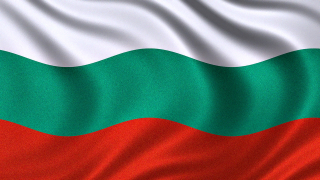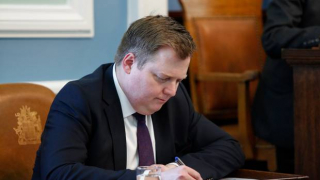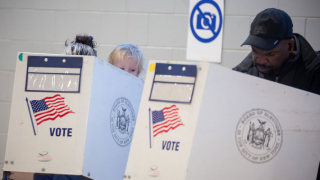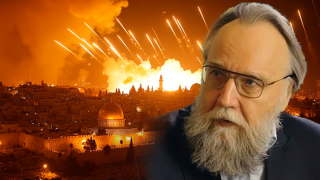See also
11.12.2016
The polling stations continue their work in Transnistria (officially the Pridnestrovian Moldavian Republic). People are choosing their future...
06.11.2016
Election districts have almost completed their work in Bulgaria. Today's elections have been the first direct elections in Bulgaria; moreover, the...
13.11.2016
The second round of presidential elections comes to an end in Bulgaria. Tsetska Tsacheva, the current Chairwoman of the National Assembly of Bulgaria...
27.11.2016
The early parliamentary elections, scheduled after Sheikh Sabah Al-Ahmad Al-Jaber Al-Sabah dissolved the parliament, were held on Saturday in Kuwait...
31.10.2016
Sigurdur Ingi Johannsson, Iceland Prime Minister has resigned. He held office after the resignation of Sigmundur David Gunnlaugsson (being implicated...
27.11.2016
The second round of centre-right primaries of the center-right coalition has begun in France. According to many analysts, the candidate, who is going...
17.01.2017
A deepening partisan divide over the deployment of the controversial U.S. THAAD missile defense system is becoming a key national security issue in...
21.11.2020
US President Donald Trump can be accused of many things, some tragically wrong like the elimination of Iranian general Soleimani, but none of them...
22.11.2022
After the final vote count in the US, certain (but not conclusive) conclusions can be drawn about the immediate future of US public and political...
04.10.2024
The missile strikes by Iran on Israel are a natural step from the Islamic Republic of Iran. This is a response to Israel’s prior actions against...
13.04.2014
Q: In the light of the developments that took place in Yabroud and the region of Qalamoun and in the light of the procedures taken in the Lebanese...














